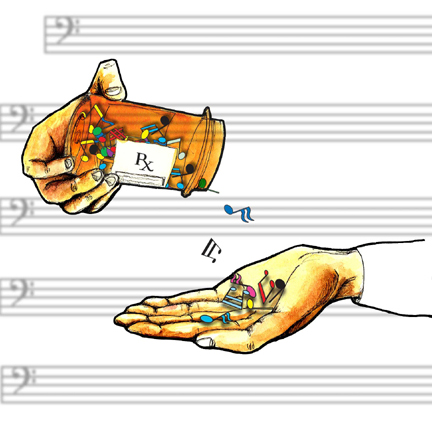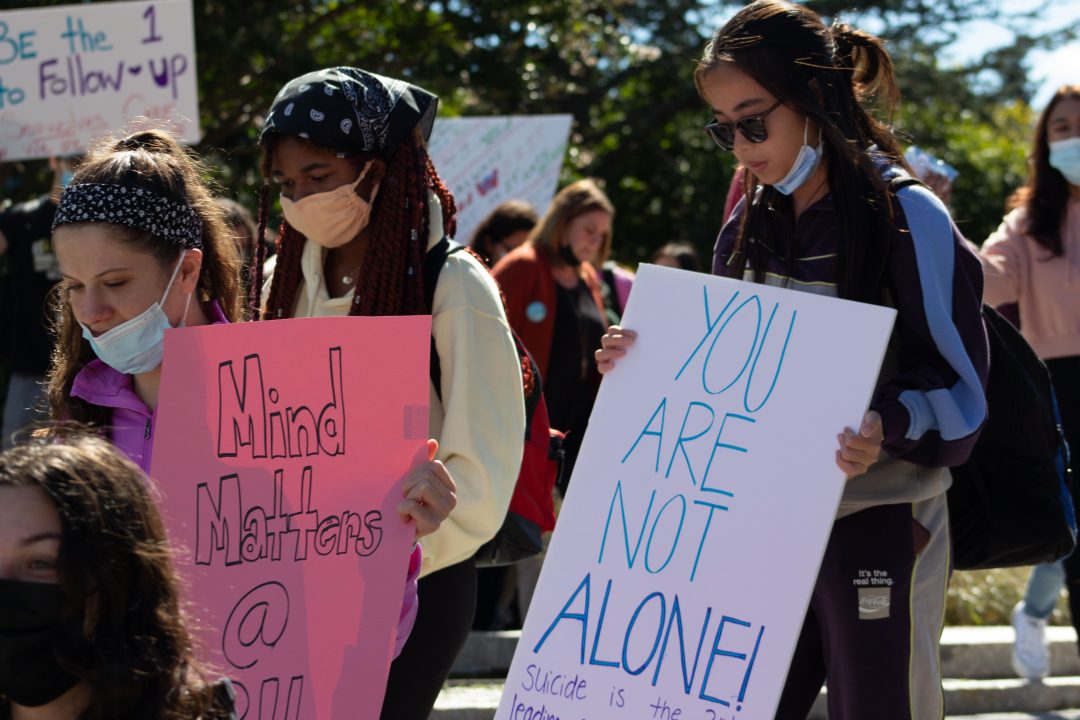
Xenia Gonikberg is a junior journalism and sociology double major with a minor in media arts.
The newfound freedom of college life can be both exhilarating and demanding. However, as students attempt to balance their work schedules and personal lives, a common method students try to juggle all of their obligations is to sacrifice sleep — which is a major problem.
Our society values hard work over personal health, which is incredibly damaging because it can lead to intense burnout or exhaustion. Often, this burnout is ignored in favor of getting better results or completing a task in order to receive validation or some sort of reward.
The importance of sleep for students’ mental health and well-being cannot be overstated. It has been proven that skipping sleep regularly affects academic performance. But, on a more practical level, it affects one’s ability to operate.
Sleep is essential for a college student’s capacity to function daily. It improves memory retention, cognitive function and overall wellness and helps you start your day off right. In a nutshell, it assists you in recharging so that you are aware and ready for the day ahead.
While obtaining a good night’s sleep is extremely crucial for college students, it’s understandable that we often neglect it because of coursework, extracurricular activities or jobs, this shouldn’t make it okay to do so.
Sixty percent of college students do not get enough quality sleep, and over seven percent suffer from a sleeping problem such as insomnia. As a result, these college students are more likely to experience depression.
In addition, deep sleep, known as rapid eye movement (REM) sleep, is the time when our brain processes emotions and other complex thoughts. When we don’t get enough sleep, our brains have difficulty processing positive emotions and memories, which has a negative effect on mood and can be severely detrimental to a person’s mental health.
Around 75% of people who have depression have trouble sleeping. Sleep affects our mood and behavior, so the better you sleep, the better you will feel in the short and long term. When I don’t sleep well, I feel irritable, and all I can think about throughout the day is how tired I am.
Getting a good night’s sleep is extremely crucial for college students since it not only aids in the processing of information, such as in class, but it also helps to lessen the effects of despair and anxiety. These poor sleeping habits have a severe impact on not only mental health but also scholastic achievement. This means that many adolescents who don’t receive the seven hours they need regularly may struggle in school because it is more difficult for them to operate during the day.
Since college students are notorious for not getting enough sleep, those who have pre-existing mental health issues may find their symptoms worsen as a result, leaving them feeling anxious or paranoid and unable to properly focus on their academic and social lives. For me personally, if I don’t get enough sleep, I get irritable and my anxiety gets terrible because I am constantly worrying about staying awake and getting through the day.
While there are many things we would rather do than sleep, nothing is more vital than our mental health. While we may have other obligations that may interfere with our capacity to gain seven hours of sleep per night, it is critical that we prioritize our own health. Going to bed early on weeknights and winding down before bed by turning off all electronic devices can make a significant difference in your sleeping patterns.
In short, more sleep equals more brainpower. If you prioritize sleep and mental health overall, it will help you do better on that test or submit a higher quality assignment because you are not rushing to do it and you can focus on doing it well, instead of just doing it to finish it.
























